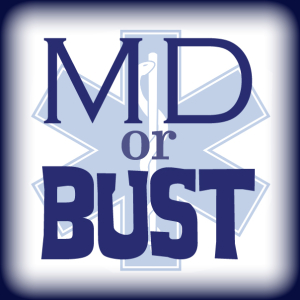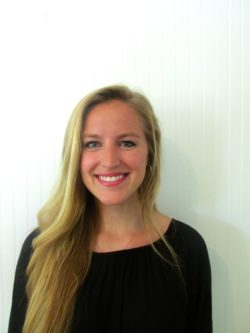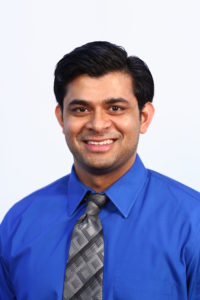A Third Year Opus — Chapter One: Incidental Findings
The white coats and patient gowns that confer the implicit power dynamic of the physician-patient relationship are not to be found here in the operating room. This place has neither the tolerance nor the patience for this subtle symbolism. Here, on the other side of the Rubicon, the rules are stark, the stakes laid bare. The patient lies naked on the table, arms extended on boards, Christ-like, as the surgeon holds the knife handle and plays God.









